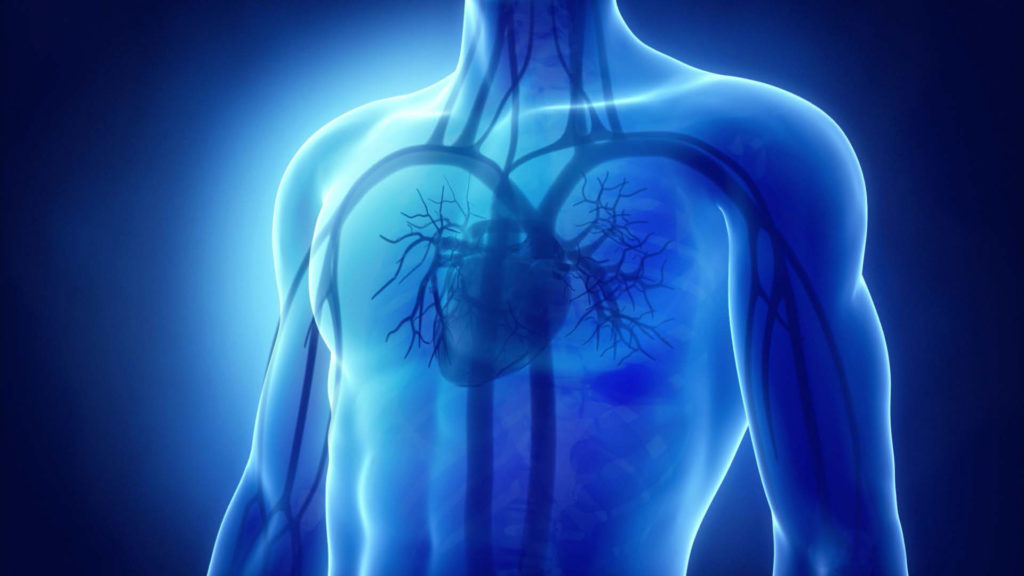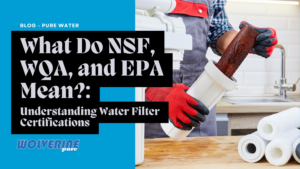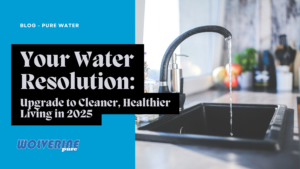For many of us, cold weather and pandemic-era social distancing measures mean that we all are spending a little more time at home these days. Now is the ideal time to improve the indoor air quality in your home. Whether you’re looking to find relief from indoor allergies or simply want to take a step towards improving your health, an air purifier can be a great tool for helping your family breathe easier.
A runny nose, constant sneezing, postnasal drip, a cough ,and itchy eyes can quickly turn a winter day from cozy to crummy. Whether it’s dust in the HVAC system, more time inside with household pets, or irritation from secondhand or thirdhand smoke, household pollutants are the leading cause of winter allergies.
Good news – according to the Environmental Protection Agency (EPA), a portable air cleaner is one of the most effective ways to improve the indoor air quality in a single room or area.
Air purifiers work by filtering out household pollutants and sanitizing the air that comes back out. An internal fan system sucks air into the unit where particles are trapped in an air filter. Many air filters can trap larger allergy-causing particles like dust-mites or pet dander, but not all can trap ultra-fine particles or gaseous pollutants. The Clean Air Station HealthWay Deluxe, offered by Wolverine Water, has a nine-stage filter for volatile organic compounds (VOCs), potentially hazardous household pollutants. This unique filter provides additional protection from harmful airborne microorganisms, chemicals, gases, and smoke.
| Area of Coverage | 1,200 Square Feet |
| Filter Strength | 40x more efficient than standard HEPA filters Captures 99.99% of particles at .007 micron |
| Pollutants Addressed |
|
The efficiency of your air purifier depends greatly on the quality of the purifier you purchase and the surface area it can cover. Make sure to look for a unit that can adequately handle the square footage of your home or main living area and that has multiple speed functions. It’s also important to ensure that your air purifier can handle a wide variety of household pollutants-not just household dust. Lastly, make sure your air purifier is effective. Make sure the product has an efficient clean air delivery rate (CADR) and that the filter used is graded for efficient pollutant mitigation.
In order to get the maximum benefit out of your air purifier, it’s important to make sure that you identify and eliminate any major sources of household pollutants (get your HVAC system cleaned if there’s excessive dust, remove any potential mold, vacuum and wash household fabrics). This will help ensure that you get the maximum efficiency and benefit out of your air purifier.





